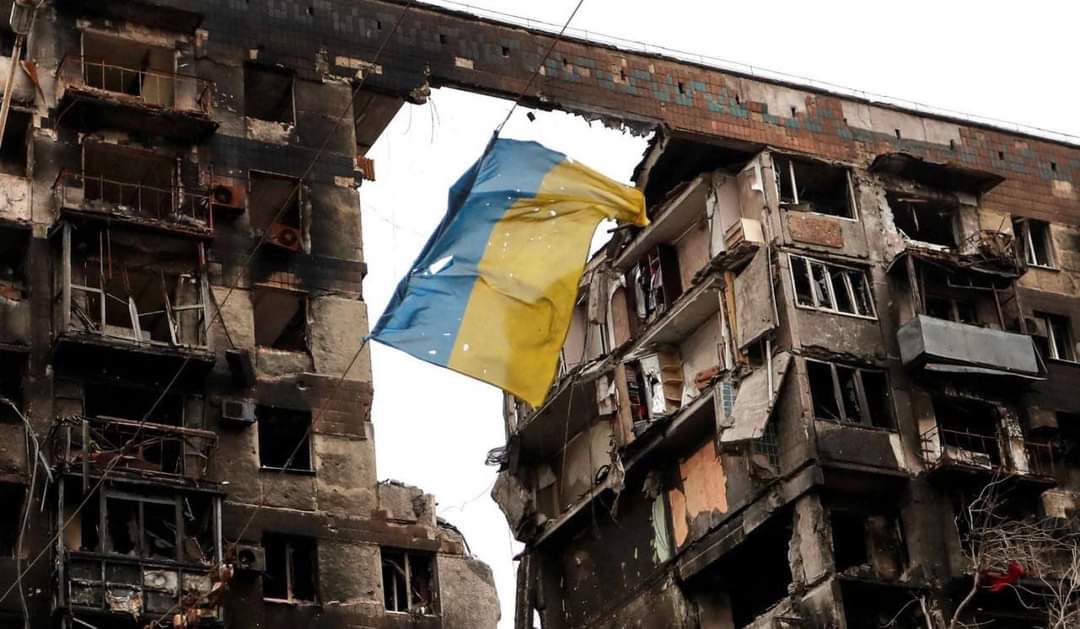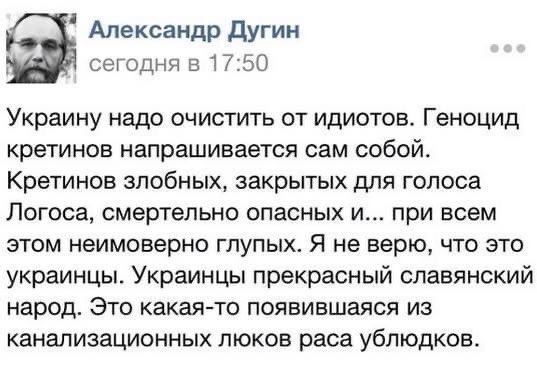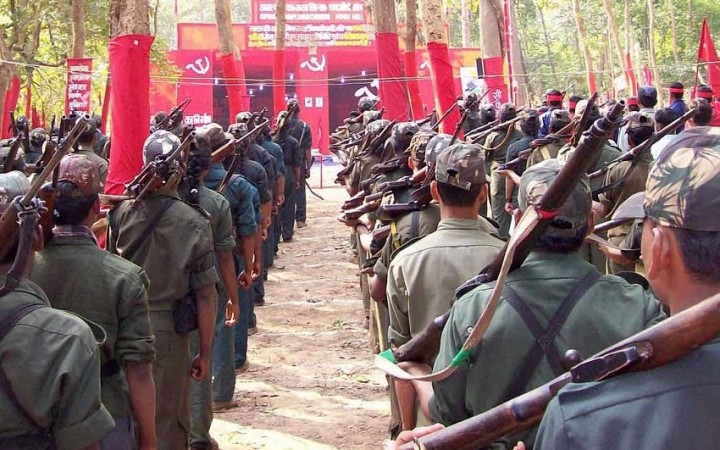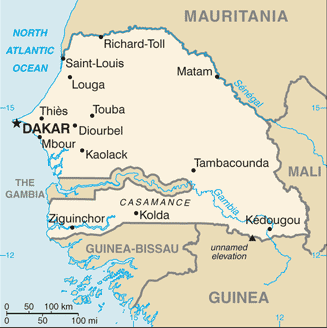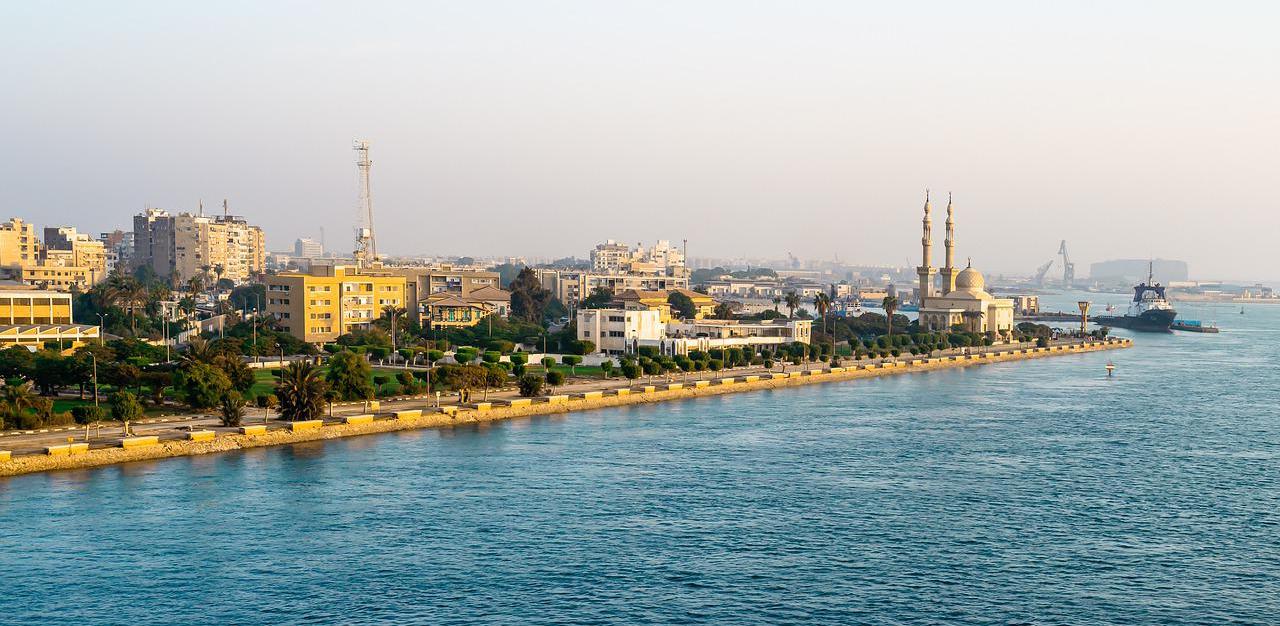
US strikes Iran-backed militias in eastern Syria
The US carried out a new round of air-strikes against Iran-backed militias in Deir ez-Zor province of eastern Syria. The militias had been firing rockets on US positions, including the base at al-Tanf, which came under fire last week. The US strikes apparently targeted the Ayash Camp of the Fatimiyoun group of Afghan fighters. According to local reports, at least six Syrians and foreigners were killed. The situation escalated the following day, as two other US bases, Conoco and Green Village, came under rocket fire. The US struck back with attack helicopters, killing “two or three suspected Iran-backed militants conducting one of the attacks” and destroying vehicles, according to Pentagon Central Command. (Image: Pixabay)



